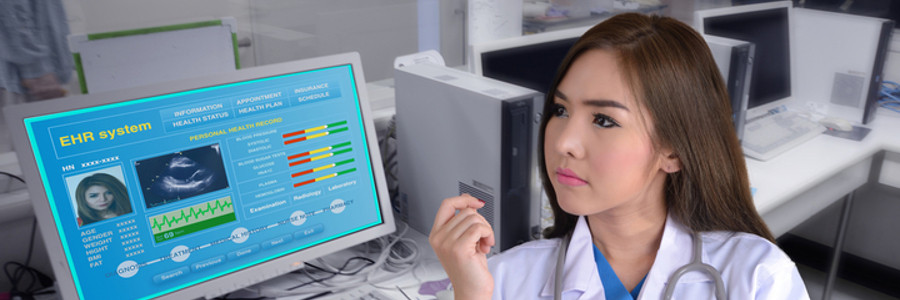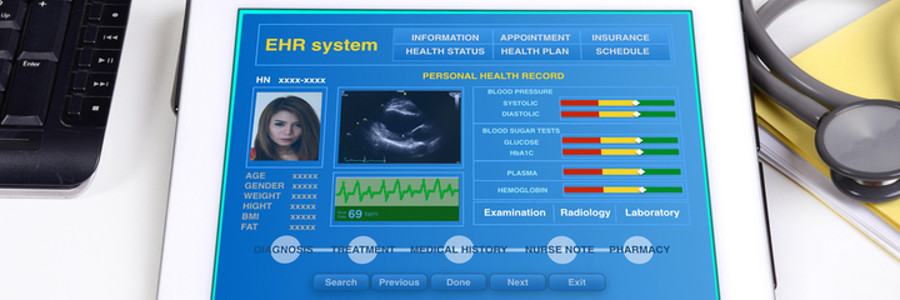From the widespread adoption of electronic health records for seamless data management to artificial intelligence-driven diagnostics and telehealth services, technology is empowering healthcare professionals to deliver better care and improve patient experiences.
The impact of technology on the healthcare industry
Are EHR systems better than paper-based systems?
The benefits and drawbacks of EHRs

Digitization is significantly changing the way healthcare organizations deliver care and services to patients. In particular, the use of electronic health records (EHRs) is improving the accuracy and accessibility of patient information. Despite this, the adoption rate of EHRs is still low and meets resistance from many healthcare providers.
EHRs vs paper records: Which is better?
What you need to know about EHR hardware

Adopting technology that efficiently stores customer information in one highly organized system used to be inconceivable for many businesses. But not anymore. For healthcare organizations, in particular, digitally collecting and storing patient data has become possible with EHR.
EHR stands for “Electronic Health Record,” and a lot can go into getting your practice ready for one of these data-sharing, network-connected, enterprise-wide information systems.
Improving healthcare data storage

Compared to organizations in other industries, healthcare practitioners are having difficulty adopting new technology. Providers are understandably hesitant about storing electronic health records (EHRs) in the cloud, but there is another option. Virtualization increases IT stability and efficiency and keeps your most sensitive information on site.
Is EHR useful?
Is the future of the healthcare industry digital? Experts see no other way forward, as demonstrated by the popularity of electronic health records. However, critics of this new recording process have pointed out major flaws that aren’t present in its traditional counterpart: paper-based recording.
EHR hardware: what you need to know

Ease of access, legibility, and accuracy are all key factors when you’re maintaining important business records. They’re even more important when it comes to the tracking of medical patients’ information. And thanks EHR, you no longer need to shuffle through reams of paper files, attempt to decipher doctors’ messy handwriting, or wonder if the data is up-to-date.



